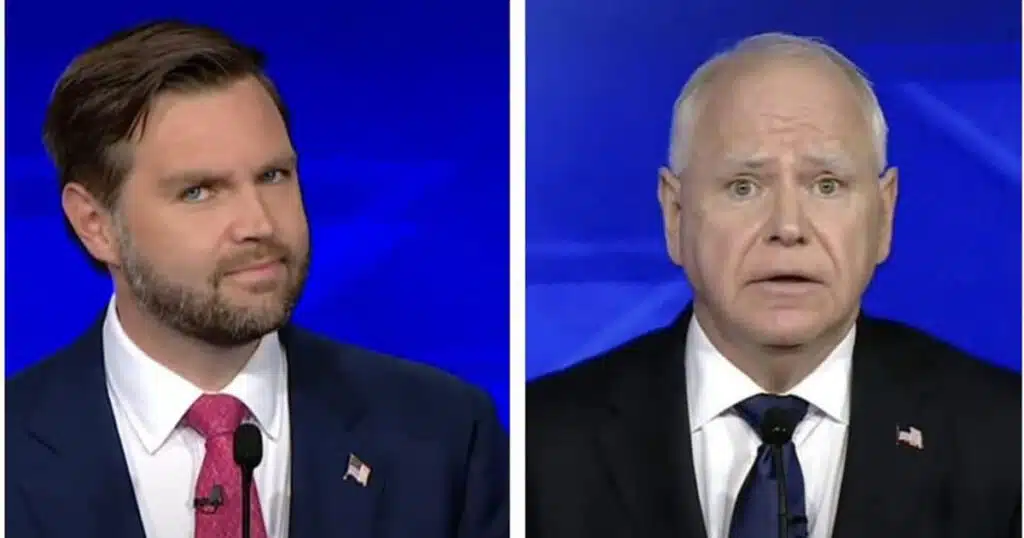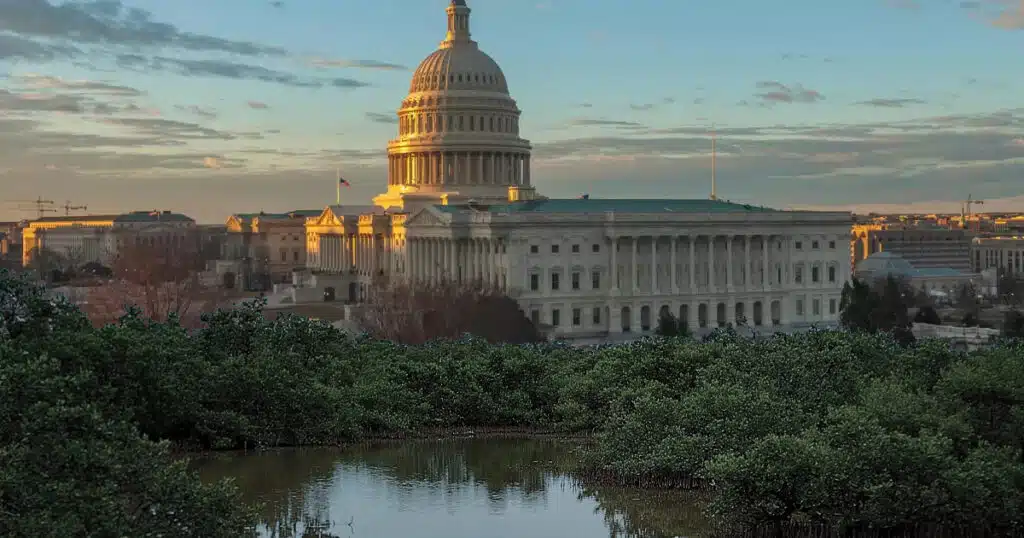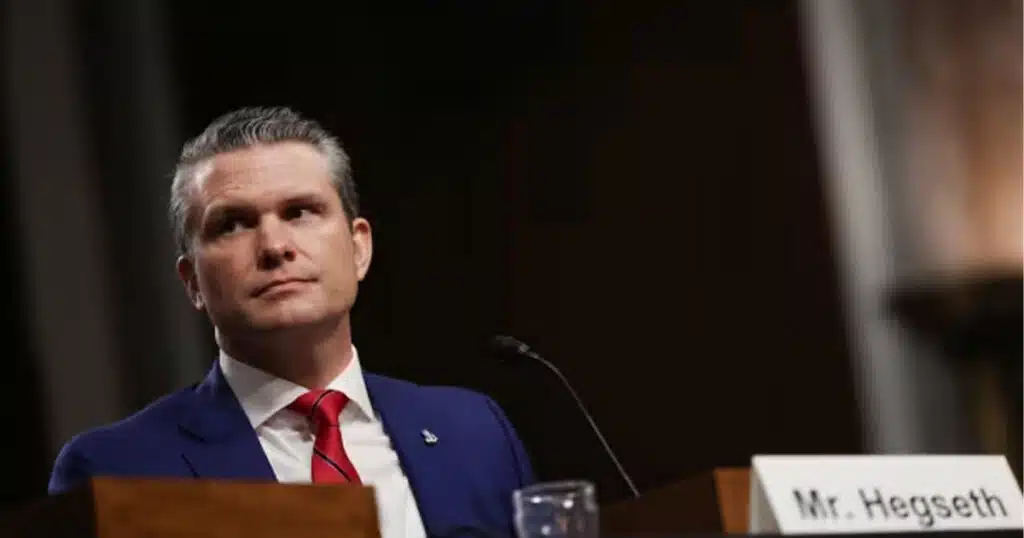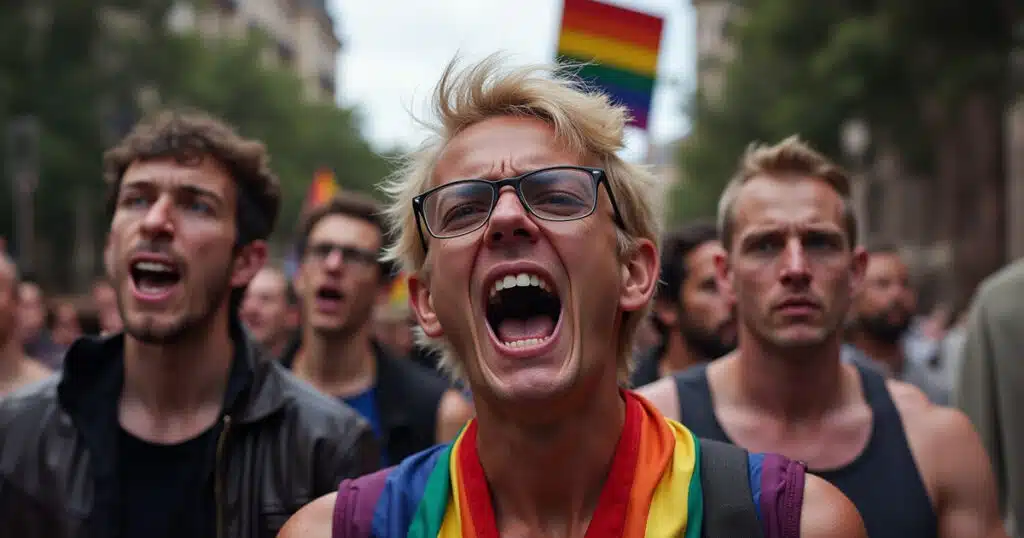
Energy issues mostly passed over at debates despite Americans wanting answers
Energy issues were largely ignored at the vice presidential debate Tuesday night, despite recent polling showing voters saying energy costs are a top issue and they want to hear more from the candidates about the topic.
U.S. Sen. J.D. Vance, R-Ohio, and Minnesota Gov. Tim Walz faced off in the New York City debate Tuesday night where they discussed a range of issues, including Israel, the economy, immigration, climate change, abortion, housing costs, and Jan. 6, but energy was largely skipped over.
In fact, energy issues were largely ignored at both the presidential debate between Vice President Kamala Harris and former President Donald Trump, despite the presidential debate being hosted in the major energy-producing state of Pennsylvania.
Polling released this week and first obtained by The Center Square shows the overwhelming majority of swing state voters want more details about energy policies from both campaigns.
The Morning Consult/American Petroleum Institute poll surveyed registered voters in the seven key swing states: Arizona, Georgia, Michigan, Nevada, North Carolina, Pennsylvania, and Wisconsin.
As The Center Square previously reported, most voters said more domestic oil and natural gas production would lower costs for Americans and 80% to 87% of those in swing states said they support more domestic energy production over more foreign production.
Notably, almost 90% of voters in all seven of those key swing states said in the poll they want to hear more from both Harris and Trump about their energy policies.
Despite that, energy issues got only passing attention amidst other discussions in the debate Tuesday night, hosted by CBS.
Vance made note of the omission in his closing remarks.
“One of the issues we didn’t talk about was energy,” Vance said to begin his closing statement. “And I remember when I was being raised by my grandmother, when she didn’t have enough money to turn on the heat some nights because Ohio gets pretty cold at night, and because money was often very tight. And I believe, as a person who wants to be your next vice president, that we are a rich and prosperous enough country where every American whether they are rich or poor ought to be able to turn on their heat in the middle of a cold winter night. That’s gotten more difficult thanks to Kamala Harris’ energy policies.”
Discussion of those policies made a brief appearance earlier in the debate, where Vance advocated for increasing domestic energy production.
Walz touted clean energy investments from legislation passed while Harris was in the White House, but Vance blasted the administration for pushing oil and gas production to other nations.
“If we actually care about clean air and clean water, the best thing to do is to double down on American workers and American energy,” Vance said.
Details of the issue were largely omitted, in particular what specific actions the candidates would take or where Harris stands on fracking, an issue she has waffled on in the past.
“Tonight, JD Vance spoke the perfect truth: American energy is the cleanest energy in the world period,” Daniel Turner, founder and executive director for Power The Future, said in a statement. “Not surprisingly, Kamala Harris is outsourcing energy to Chinese-made solar panels and Iranian oil exports with disastrous consequences. However, Tim Walz did finally briefly reference the Green New Deal, which are the last three words Kamala Harris wants voters to hear.”
For now, no more debates are scheduled.
Just how much difference the vice presidential debate will make in the race remains to be seen.
“In a normal year, voters make their choice based on the names at the top of the ticket,” Republican strategist Colin Reed told The Center Square. “If recent events are a guide, 2024 is anything but normal, and with no more presidential debates on the books, the undercard debate takes on heightened new importance.”



